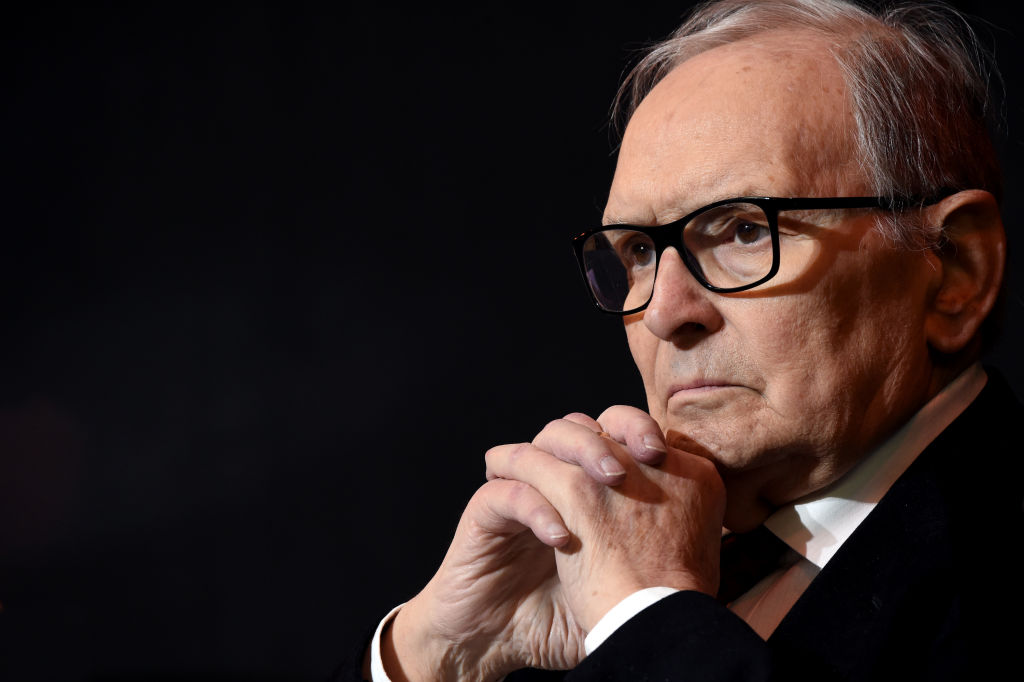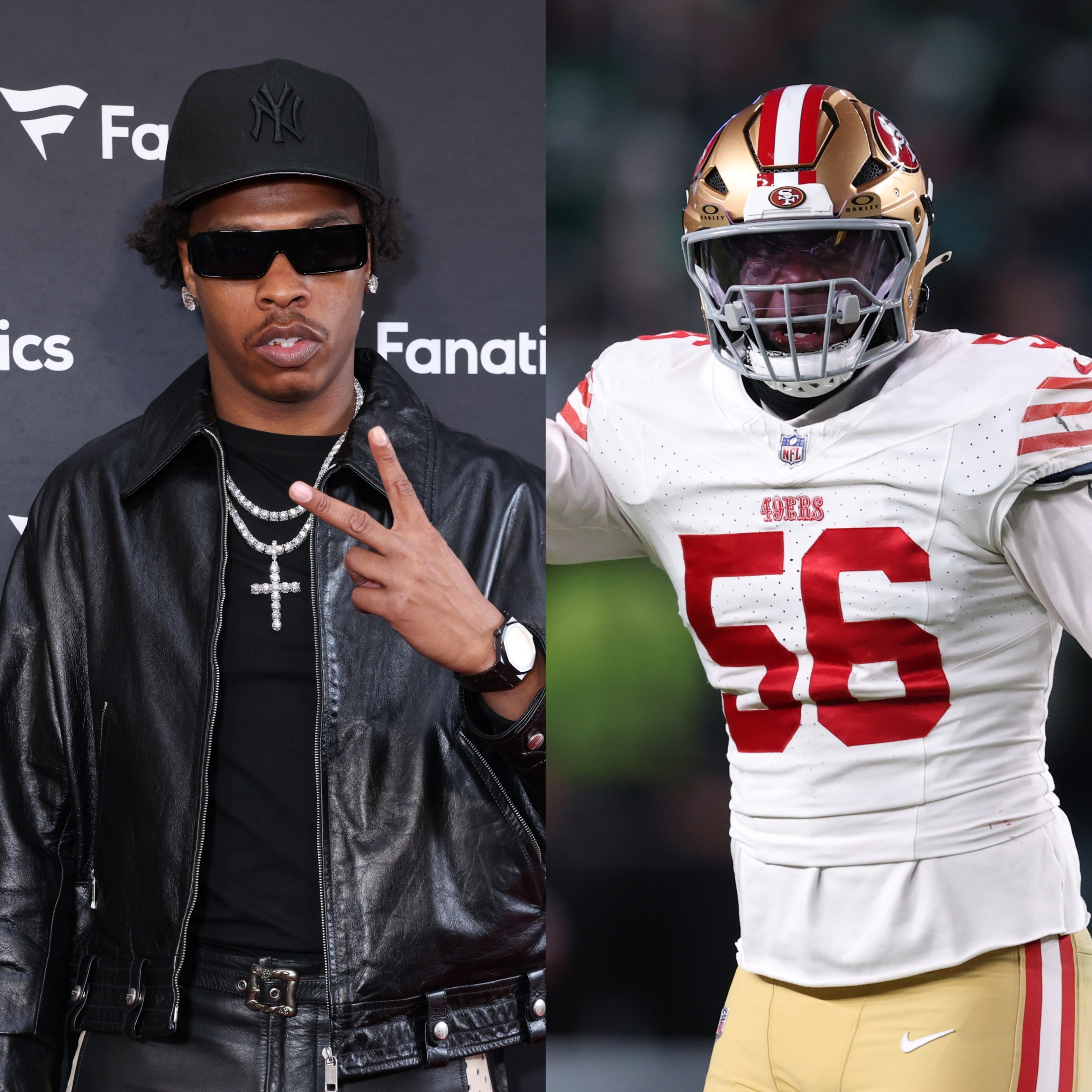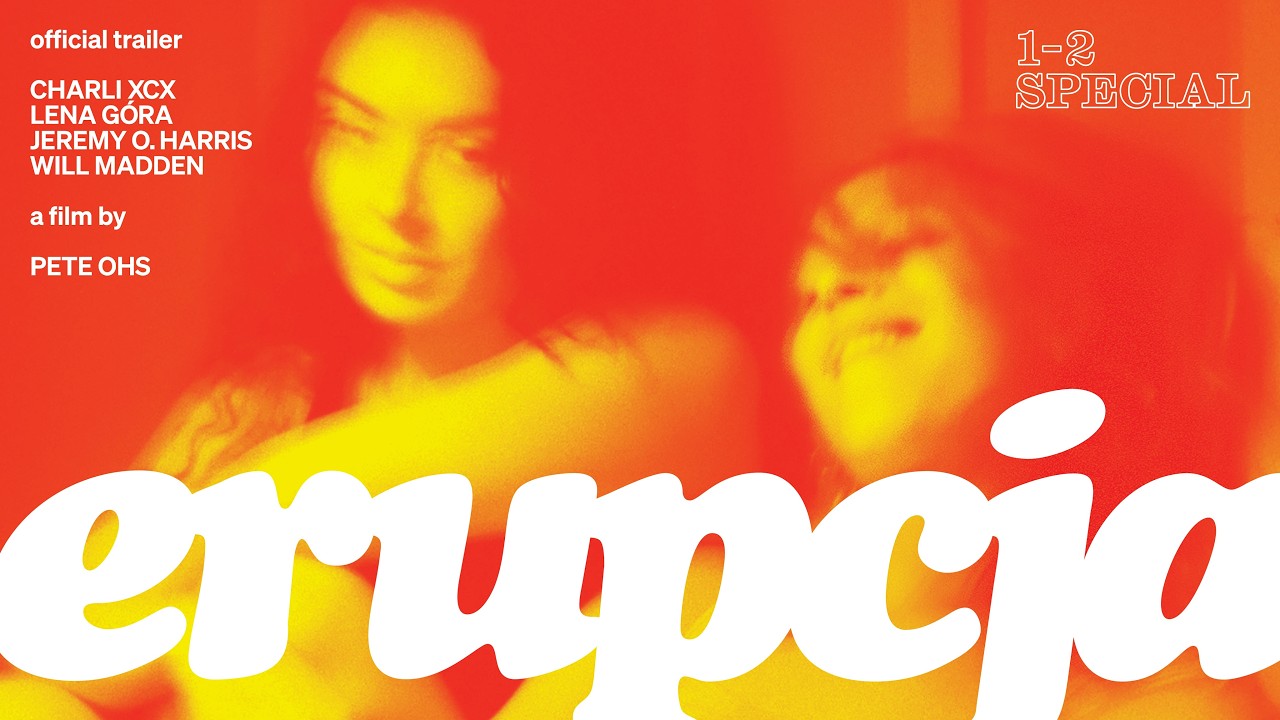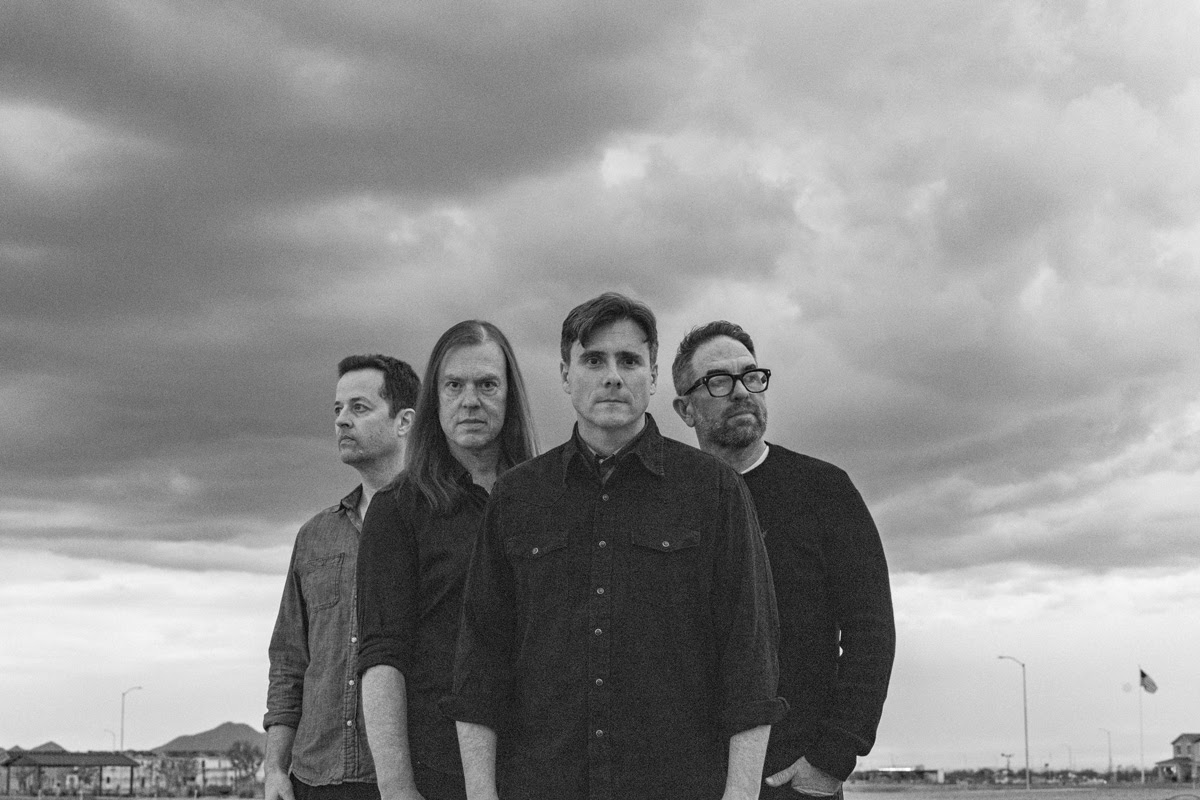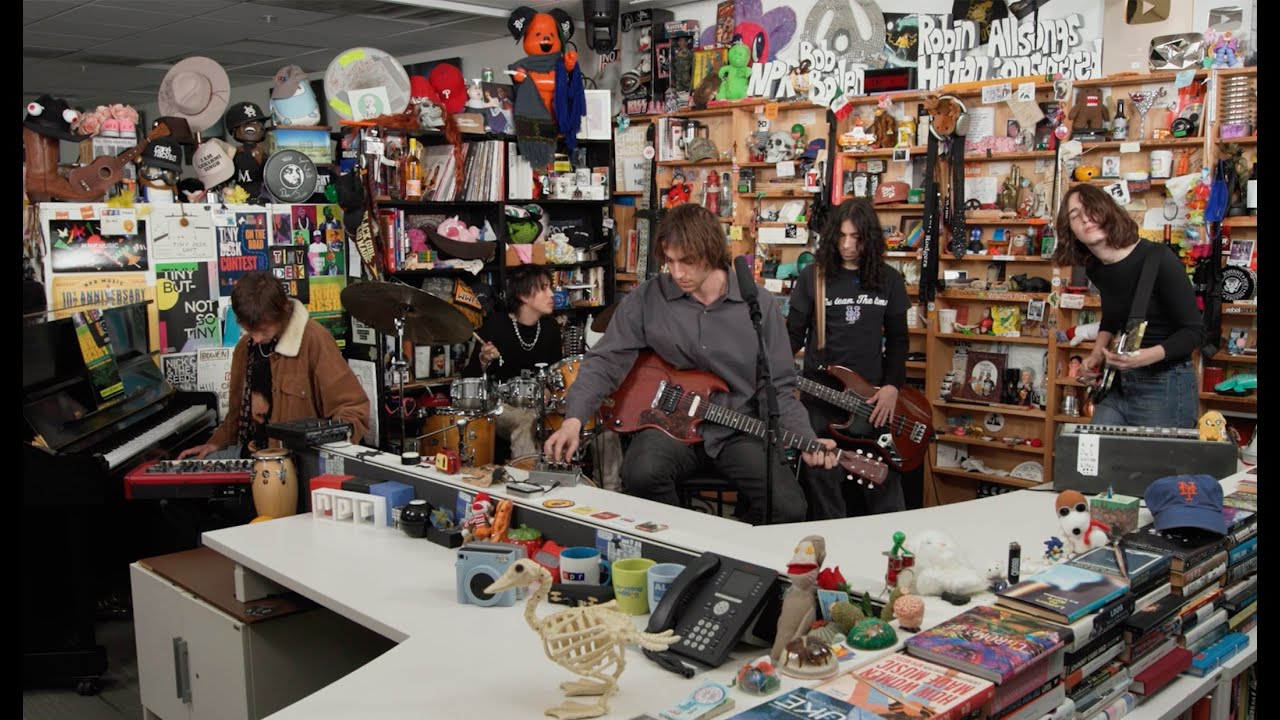Ennio Morricone, arguably the greatest film-score composer of all time, has died. The New York Times reports that Morricone died today in Rome. According to the Times, Morricone's lawyer reports that Morricone was hospitalized last week after a fall. Morricone was 91.
Over a career that spanned more than 60 years, Morricone scored more than 500 films, from directors around the world. Morricone is most famous for scoring the spaghetti Westerns of his friend and former schoolmate Sergio Leone, but Morricone's music has touched virtually every facet of world cinema. His scores are evocative and sometimes sentimental, but they're often experimental, too, in the way they employ things like sound effects and distorted electric guitars. Certain moments of Morricone music will raise goosebumps anytime you hear them, regardless of context.
Morricone was born in Rome, and his father, a trumpet player, taught him to play many instruments when he was a child. Morricone started writing music at age six, and he entered conservatory at age 12, finishing a four-year course in six months -- in Rome, during World War II. Early in his career, Morricone composed and arranged pieces for Italian radio and jazz-pop songs for international artists, including Helen Merrill and Paul Anka. Morricone also helped compose several film scores before making his official debut, doing the score for Luciano Salce's 1961 Italian film The Fascist. He remained extremely busy for years after, and he did his first truly iconic work on Sergio Leone's 1964 film A Fistful Of Dollars.
Morricone remains primarily known for his Leone collaborations, which include the Man With No Name trilogy -- all of which became huge hits when they were released in the US in 1967 -- and Once Upon A Time In The West and Once Upon A Time In America. Leone also scored spaghetti Westerns for Italian directors like Sergio Corbucci and Sergio Sollima. But he was never confined to any one genre, and he was comfortable doing sex farces, romantic melodramas, political thrillers, crime films, and just about every other genre of movie you could imagine.
Leone's credits include Gillo Pontecorvo's The Battle Of Algiers in 1966, Dario Argento's The Bird With The Crystal Plumage and Don Siegel's Two Mules For Sister Sara in 1970, Terrence Malick's Days Of Heaven and Édouard Molinaro's La Cage Aux Folles in 1978, John Carpenter's The Thing in 1982, Roland Joffé's The Mission in 1986, Brian De Palma's The Untouchables in 1987, Roman Polanski's Frantic and Giuseppe Tornatore's Cinema Paradiso in 1988, Pedro Almodóvar's Tie Me Up! Tie Me Down in 1990, George Miller's Lorenzo's Oil in 1992, and Wolfgang Petersen's In The Line Of Fire in 1993.
In 2016, after being nominated for five Oscars and winning a lifetime achievement Oscar in 2007, Morricone finally won a competitive Oscar for his work on Quentin Tarantino's The Hateful Eight. The Hateful Eight was the second-to-last film that Morricone ever scored; his final movie was Giuseppe Tornatore's 2016 film The Correspondence.
Morricone also wrote for television and collaborated with artists like Joan Baez. Morricone's wife Maria Travia often wrote lyrics for his instrumental pieces. Morricone is a huge influence in the film-score world, an avant-garde artist whose work resonated among vast audiences. But his influence extends outside the film-score world, too. Much of his work conveys a feeling of grandeur; that's presumably why Metallica have used "The Ecstasy Of Gold" as their entrance music for decades.
Morricone famously never learned English, and he refused to travel by plane for many years. In 2007, he visited the US for the first time, playing a month-long concert tour and accepting his lifetime achievement Oscar from Clint Eastwood.
Below, check out some of Morricone's work.
